Thirteen Princeton University faculty members were transferred to emeritus status in recent action by the Board of Trustees. Transfers are effective July 1, 2023, except where noted.
They are:
- David Cannadine, the Dodge Professor of History;
- Weinan E, professor of mathematics and applied and computational mathematics, effective July 1, 2022;
- Henry Farber, the Hughes-Rogers Professor of Economics, effective Sept. 1, 2023;
- Susan Fiske, the Eugene Higgins Professor of Psychology and Public Affairs;
- Su Friedrich, professor of visual arts in the Lewis Center for the Arts;
- Stephen Kotkin, the John P. Birkelund '52 Professor in History and International Affairs, effective Sept. 1, 2022;
- Douglas Massey, the Henry G. Bryant Professor of Sociology and Public Affairs;
- Alexander Polyakov, the Joseph Henry Professor of Physics;
- Robert Prud’homme, professor of chemical and biological engineering, effective Sept. 1, 2023;
- Eileen Reeves, professor of comparative literature, effective Jan. 16, 2023;
- Daniel Rubenstein, the Class of 1877 Professor of Zoology and professor of ecology and evolutionary biology;
- Harold T. Shapiro, president of the University, emeritus, and professor of economics and public affairs, effective Jan. 16, 2023; and
- Susan Stewart, the Avalon Foundation University Professor in the Humanities and professor of English.
David Cannadine

Cannadine is a preeminent historian of modern Britain and America. He earned his Ph.D. from Oxford University and his master’s degree and bachelor’s degree from Cambridge University. He joined the Princeton faculty in 2008 and was named the Dodge Professor of History in 2011.
Cannadine has written extensively on the themes of social status, hierarchy and distinction. He has published 21 books, including “Lords and Landlords: The Aristocracy and the Towns, 1774-1967” (1980); “The Decline and Fall of the British Aristocracy” (1990); “Class in Britain” (1998); “Ornamentalism: How the British Saw Their Empire” (2001); “Mellon: An American Life” (2006); and “Victorious Century: The United Kingdom 1800- 1906” (2017).
At Princeton, Cannadine has served as an important bridge between the University and British academia. He has served as the director of the Institute of Historical Research, as the chairman of the British National Portrait Gallery’s board of trustees, and as the president of the British Academy. He holds nine honorary degrees and was honored with a knighthood from Queen Elizabeth II in 2008.
Weinan E
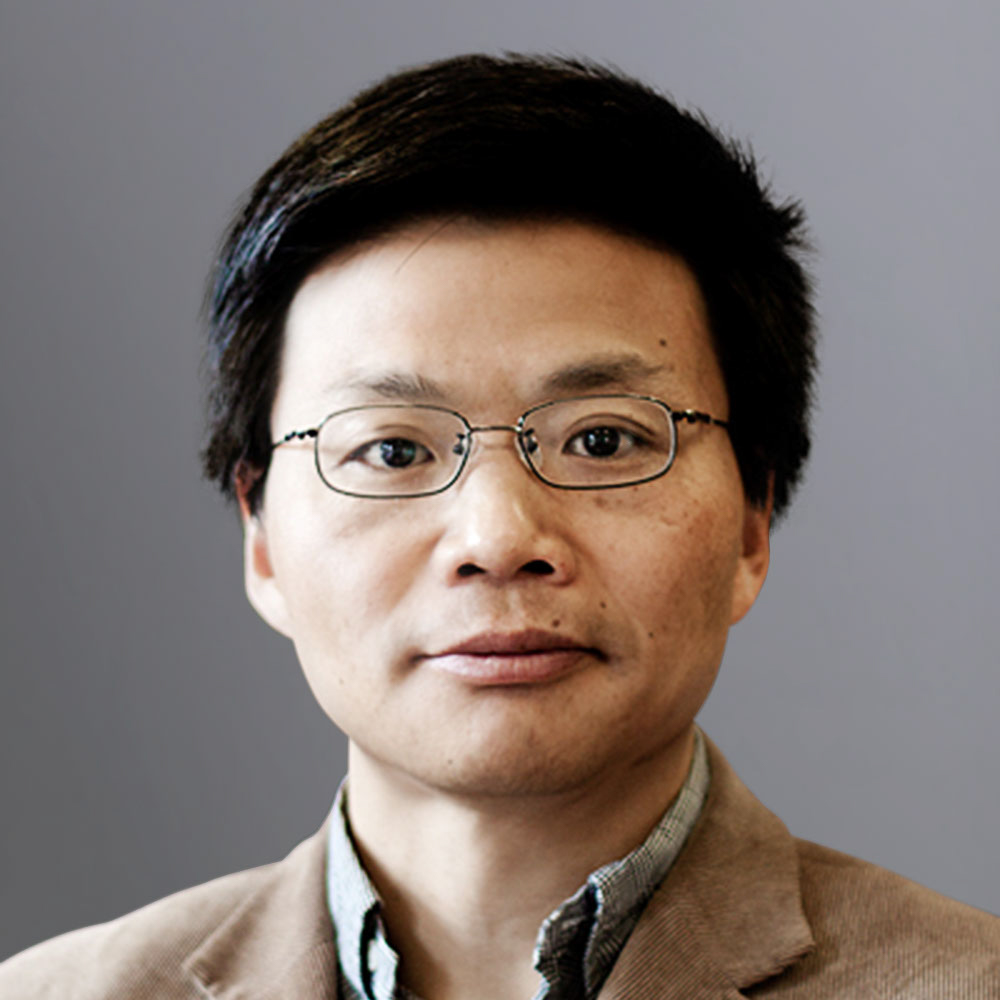
E, who joined Princeton’s Department of Mathematics and the Program in Applied and Computational Mathematics in 1999, has made breakthrough contributions to the fields of mathematics and scientific computing. His research has focused on applied mathematics, the mathematical theory of machine learning and integrating machine learning with multi-scale modeling.
Over the course of his 30-year career, E has received numerous awards for his research, including the Society of Industrial and Applied Mathematics’ Theodore von Kármán and Peter Henrici Prizes, the Association for Computing Machinery’s Gordon Bell Prize, and the Society for Industrial and Applied Mathematics’ (SIAM) Ralph E. Kleinman Prize.
E is a member of the Institute of Physics, SIAM, the American Mathematical Society and the Chinese Academy of Sciences. He received his Ph.D. from the University of California-Los Angeles, his master’s degree from the Chinese Academy of Sciences and his bachelor’s degree from the University of Science and Technology of China.
Henry Farber
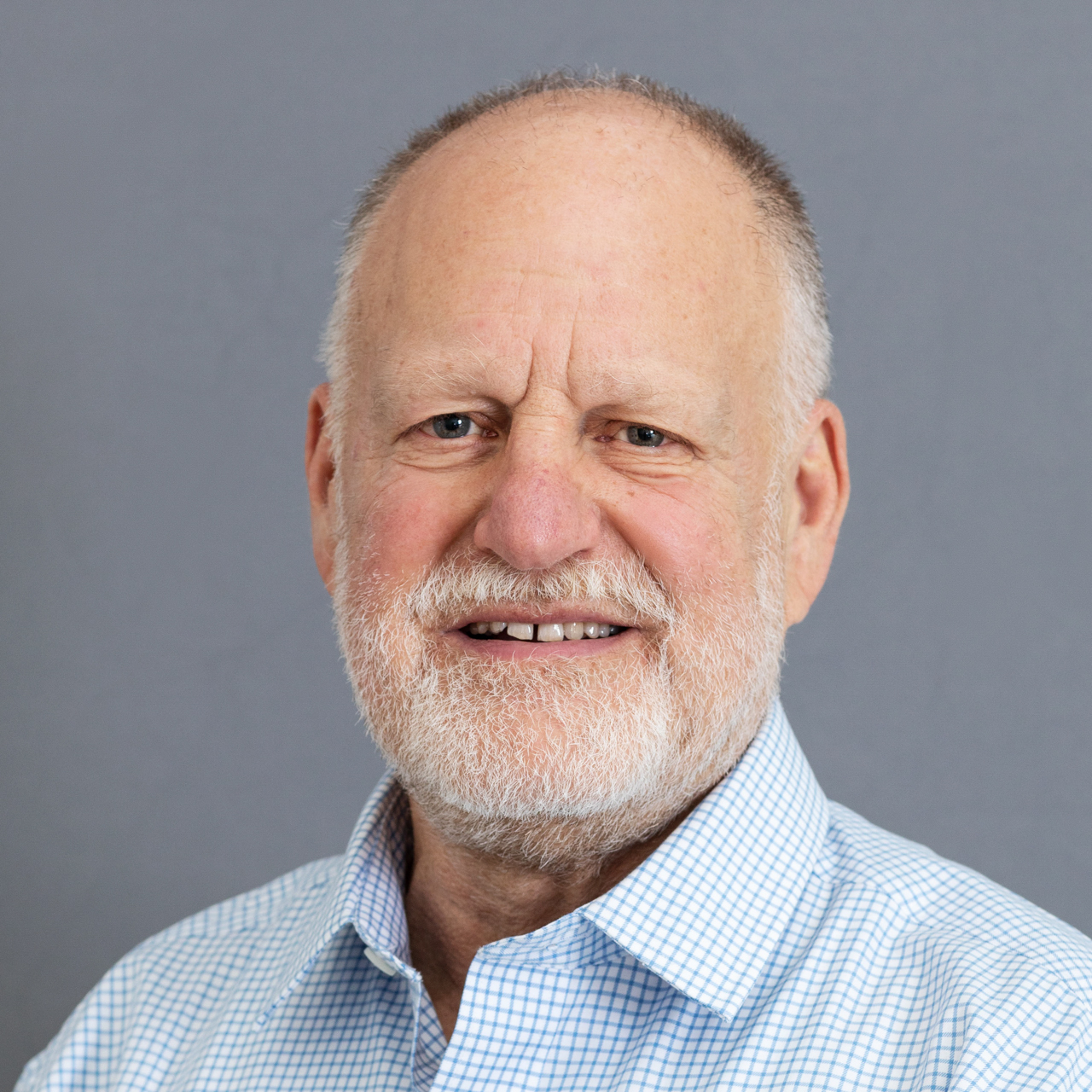
Farber is renowned for his seminal work in labor economics. He pioneered a range of important research topics in the field, including the behavior of unions, arbitration systems, wage-setting, worker mobility, labor supply, unemployment and the analysis of voter behavior.
Farber joined the Princeton faculty in 1991 and was named the Hughes-Rogers Professor of Economics in 2005. He directed the department’s Industrial Relations Section on numerous occasions throughout his tenure and has been recognized for his contributions to the field with honors such as the Ghiselli Award for Research Design, an Alfred P. Sloan Foundation Research Fellowship and the economics department’s Richard E. Quandt Teaching Prize.
He is a fellow of the Econometric Society, the Society of Labor Economists, and the Labor and Employment Relations Association, a research associate of the National Bureau of Economic Research, and a research fellow of the Institute for the Study of Labor (IZA).
Farber earned his Ph.D. from Princeton, a master’s degree from Cornell University’s Industrial and Labor Relations School, and his bachelor’s degree from Rensselaer Polytechnic Institute.
Susan Fiske
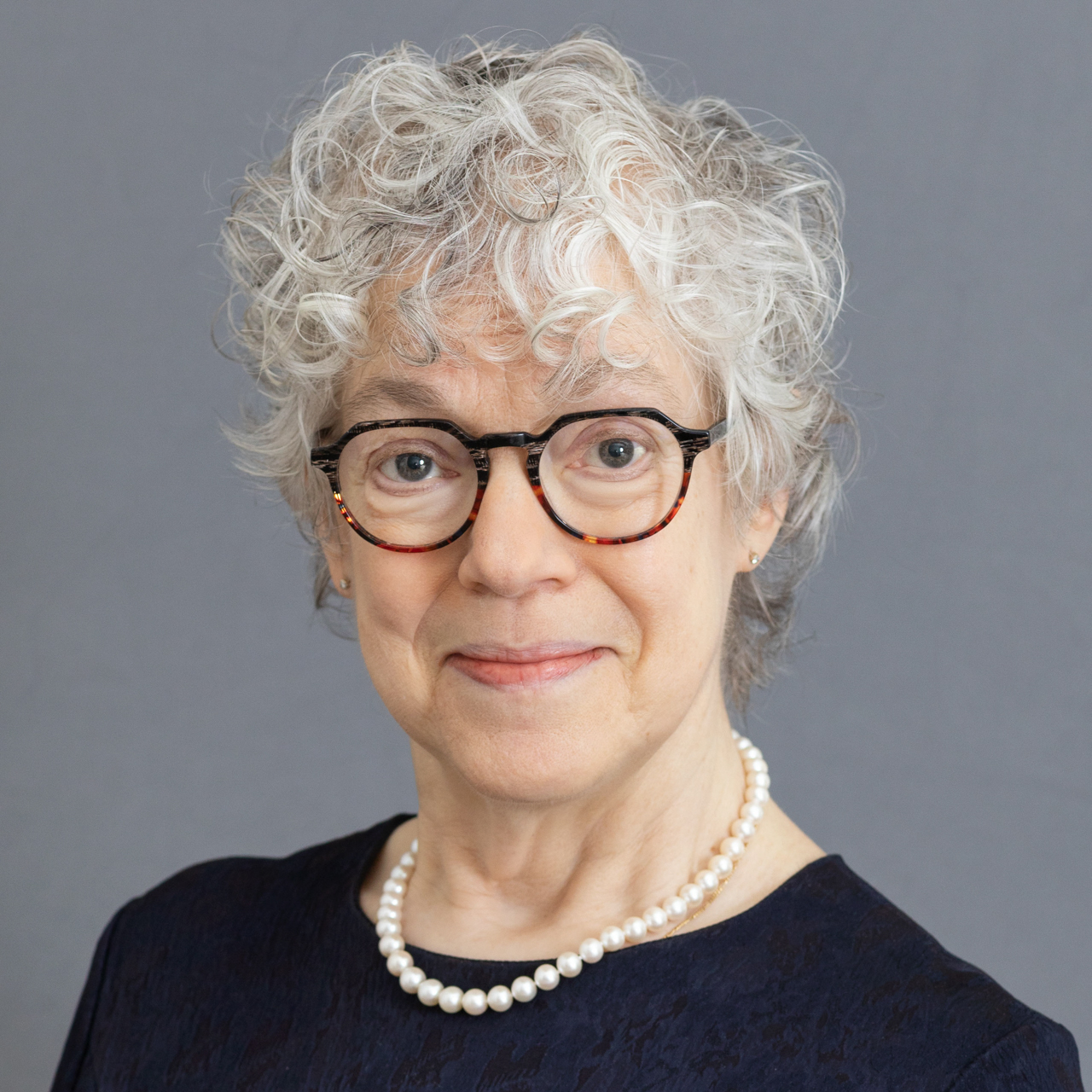
Fiske is a pioneer in the study of social cognition and a transformative scholar of intergroup relations. Her book, “Social Cognition” (1984), co-authored with Shelley Taylor, galvanized the cognitive approach to social psychology into one that now underpins most social psychological research, and she has used her expertise to inspire more equitable social policy and legal decisions, such as in the Price Waterhouse v. Hopkins case on gender discrimination, where her testimony was cited in the Supreme Court decision.
Fiske joined the Princeton faculty in 2000 and was named the Eugene Higgins Professor of Psychology in 2007. She has been honored for her generous mentoring of students with the University’s Graduate School Mentoring Award, the Association for Psychological Science’s Mentor Award for Lifetime Achievement, and the Ambady Award for Mentoring Excellence from the Society for Personality and Social Psychology.
A member of several academic societies, including the National Academy of Sciences, the American Academy of Arts and Sciences, and the American Philosophical Society, Fiske received a Ph.D. from Harvard University and a bachelor’s degree from Radcliffe College.
Su Friedrich
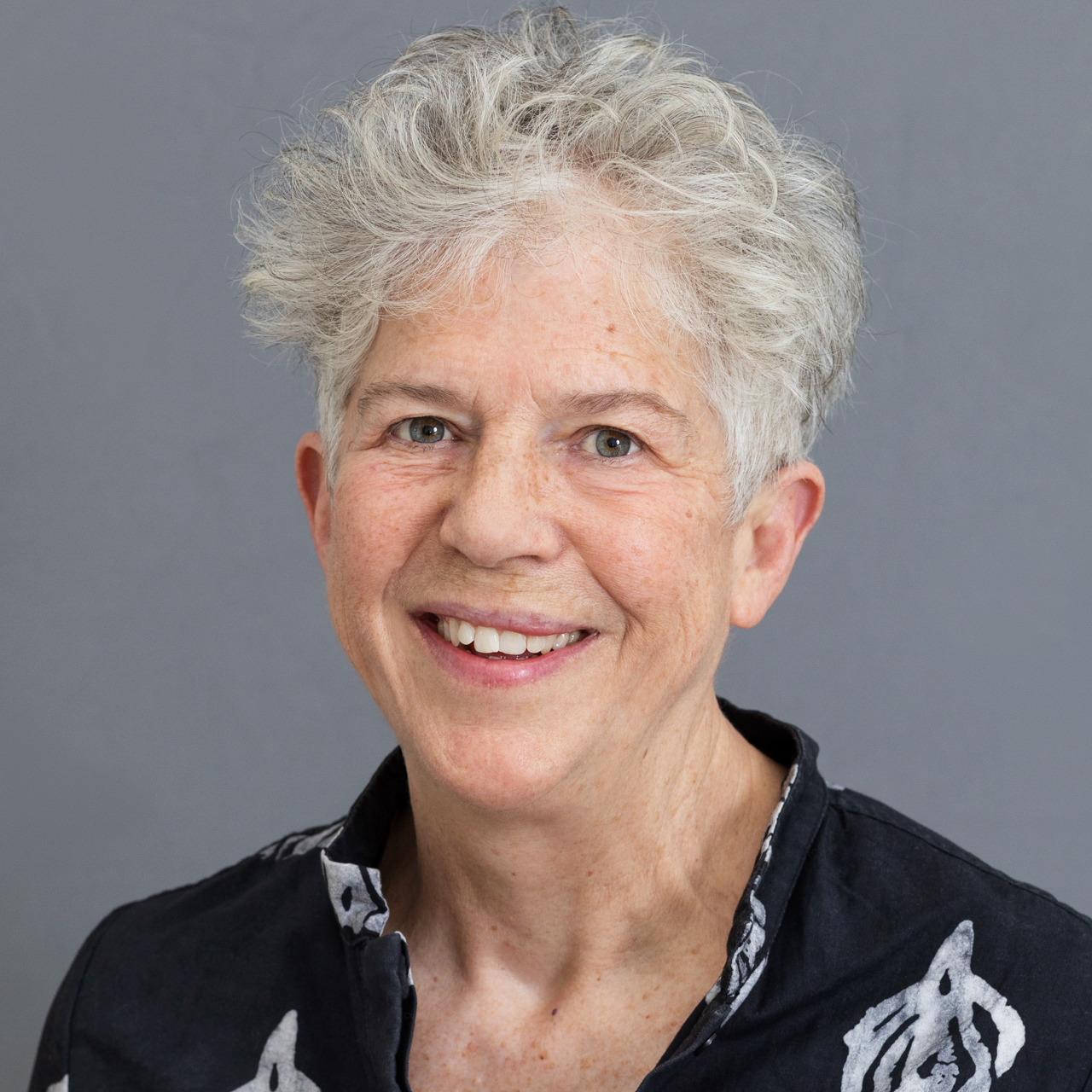
Friedrich is a prolific filmmaker whose work has advanced avant-garde American cinema through a feminist lens. She is the writer, director, cinematographer, sound recordist and editor of all but one of her films, and has made twenty-four 16 mm films and digital videos, mastering both black-and-white and color.
When Friedrich, who earned her bachelor’s degree from Oberlin College, joined Princeton’s faculty in 1998, she became the University’s first tenured professor of filmmaking and the first woman professor tenured in its visual arts program. She has taught both introductory and advanced courses in documentary, experimental and narrative film- and video-making.
Friedrich’s work has been recognized with many prestigious film awards. Her autobiographical film, “Sink or Swim,” was selected for inclusion in the National Film Registry of the Library of Congress, and her work is included in the collections of the Museum of Modern Art, the Art Institute of Chicago, the Royal Film Archives in Belgium, the Centre Pompidou in Paris and the National Library of Australia. She has also received several fellowships, including a Rockefeller Fellowship and a Guggenheim Fellowship.
Stephen Kotkin
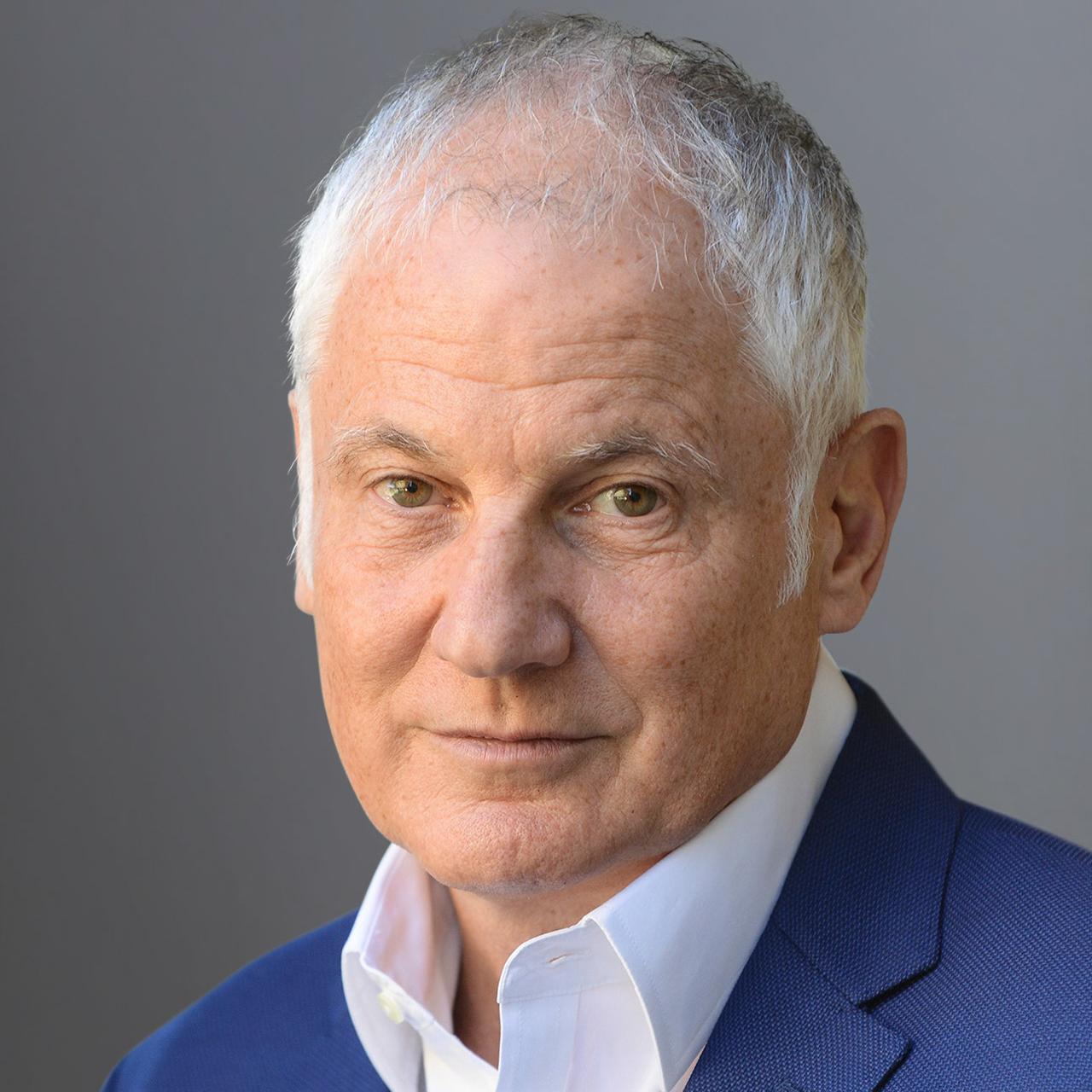
Kotkin is an esteemed historian of Russia and Eastern Europe. He joined Princeton’s faculty in 1989 and was named the John P. Birkelund ’52 Professor in History and International Affairs in 2012.
He is the author of multiple books, including “Steeltown, USSR: Soviet Society in the Gorbachev Era” (1991), “Magnetic Mountain: Stalinism as a Civilization” (1995), “Armageddon Averted: the Soviet Collapse, 1970-2000” (2001) and “Uncivil Society: 1989 and the Implosion of Communist Establishment” (2009). He has also published two major volumes on Stalin and co-authored a global history textbook, “Worlds Together, Worlds Apart,” with his Princeton colleagues.
Kotkin has served the University as director of the Program in Russian and Eurasian Studies, as vice dean of the Princeton School of Public and International Affairs, as acting director of the Princeton Institute for International and Regional Studies, and as a member and then chair of the Princeton University Press editorial board.
The recipient of numerous fellowships, including a Guggenheim Fellowship and a National Endowment for the Humanities Fellowship, Kotkin has also been a regular book reviewer for the New York Times' Sunday Business section. He earned his Ph.D. from the University of California-Berkeley and his bachelor’s degree from the University of Rochester.
Douglas Massey
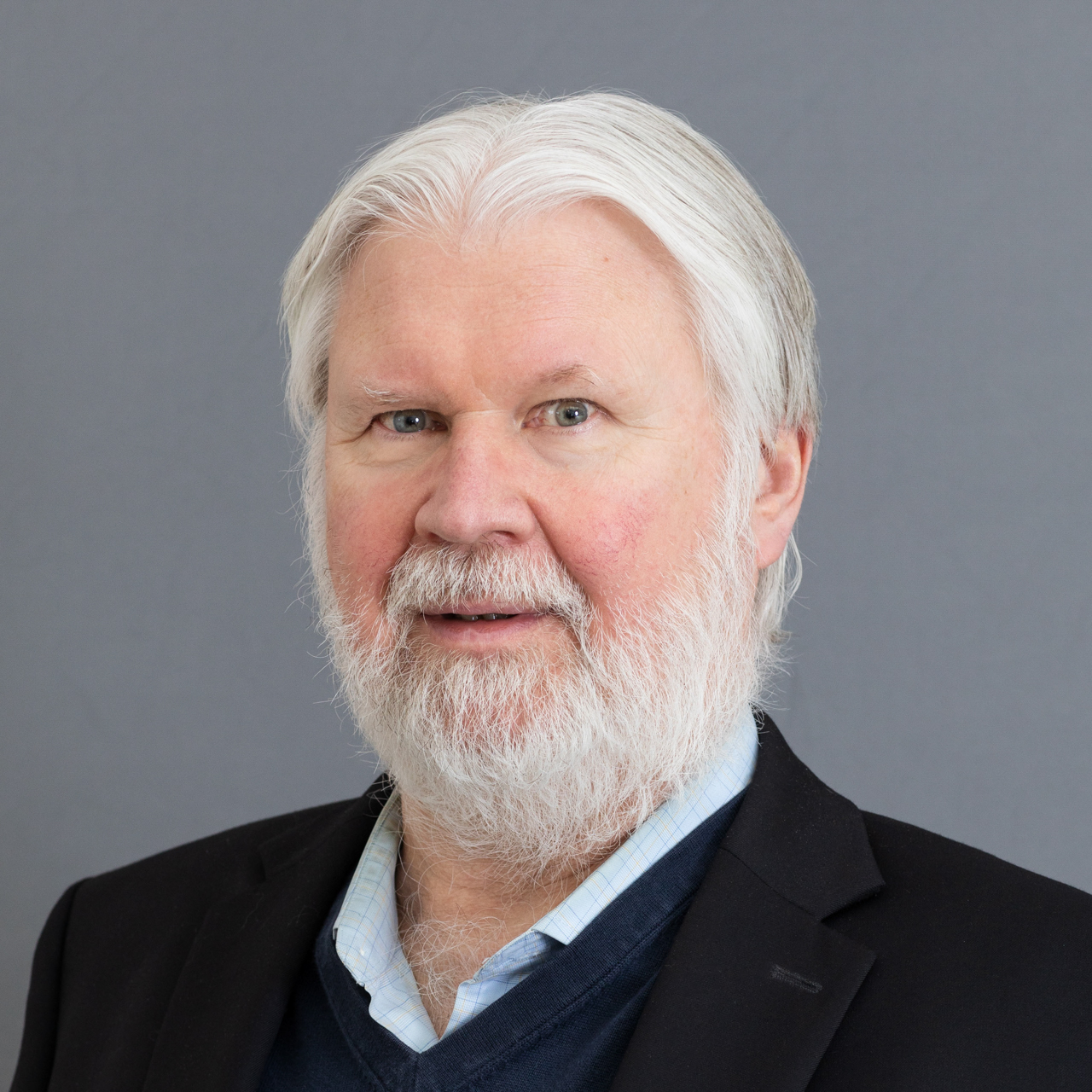
Massey is a leading sociologist whose work has centered on migration in Latin America, especially Mexico, and racial residential segregation in the U.S. He earned his bachelor’s degree from Western Washington State College and received his Ph.D. from Princeton, where he returned in 2003 as professor of sociology and public affairs. He was named the Henry G. Bryant Professor of Sociology and Public Affairs in 2005 and served as director of the Office of Population Research for nearly a decade.
He is the author of 16 books, including “Return to Aztlan: The Social Process of International Migration from Western Mexico” (1987) and “American Apartheid: Segregation and the Making of the Underclass” (1993), which won the American Sociological Association’s Distinguished Publication Award.
The winner of the American Sociological Association’s (ASA) Public Understanding of Sociology Award, Massey is also a public facing sociologist who has appeared on many radio and television programs and has testified before Congress on multiple occasions. He has published more than 100 opinion pieces in major outlets such as the New York Times, the Washington Post and the Los Angeles Times, and has served as the president of both the ASA and the American Academy of Political Science. He is a member of the American Academy of Arts and Sciences, the National Academy of Sciences, and the American Philosophical Society.
Alexander Polyakov
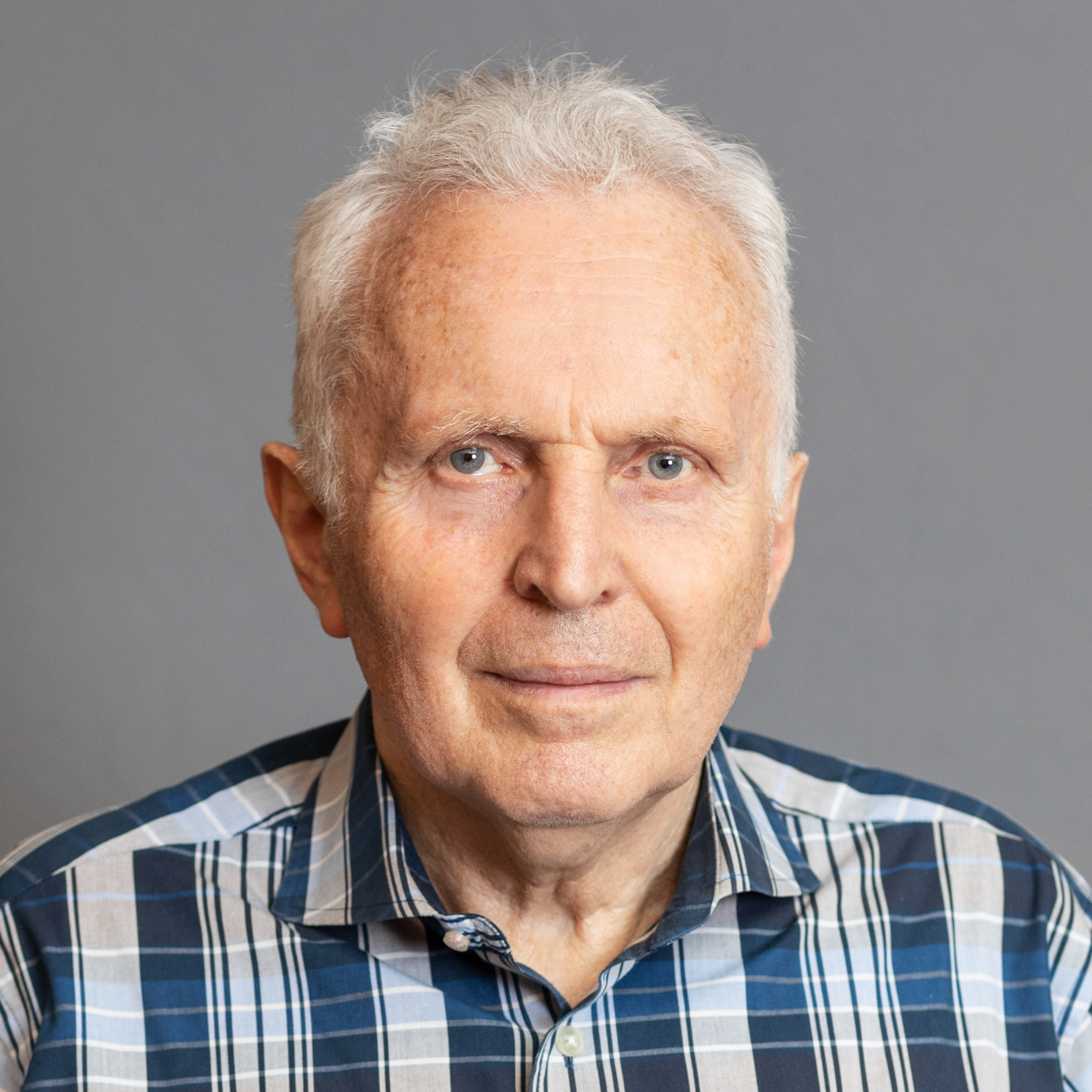
Polyakov is a preeminent theoretical physicist who specializes in quantum field theory and string theory.
A native of Russia, Polyakov earned his Ph.D. from the Landau Institute for Theoretical Physics and studied at the Moscow Institute of Physics and Technology. He worked in the Soviet Union for two decades, conducting research and publishing papers that made a lasting mark on elementary particle physics, statistical mechanics and quantum gravity.
Polyakov joined Princeton’s faculty in 1989 as a professor of physics and became the Joseph Henry Professor of Physics in 1999. While at Princeton, his research focused on two-dimensional quantum gravity, which helped provide a definition of certain low-dimensional models of string theory. He later conjectured a modification of this approach to adapt it to the problem of quark confinement and collaborated with his Princeton colleagues Steven Gubser and Igor Klebanov on a seminal paper connecting string theory with quantum gauge field theory.
He is a member of the National Academy of Sciences, the American Academy of Arts and Sciences, and a Foreign Member of the French Academy of Sciences. He has received numerous awards for his contributions to the field, including the Dirac Medal, the Lorentz Medal, the Oskar Klein Medal, the Breakthrough Prize in Fundamental Physics and the Max Planck Medal.
Robert Prud’homme

Prud’homme is a renowned chemical engineer whose expertise has led to the development of treatments for many of the world’s most devastating diseases, such as malaria, toxoplasmosis, diarrhea, tuberculosis and cancer.
The mixing process that Prud’homme and his team invented and refined, called Flash NanoPrecipitation (FNP), has made a major impact on drug manufacturing and has been adopted globally to produce inexpensive and highly stable medicines. The FNP process is also a foundational technique for manufacturing the COVID-19 mRNA vaccines that were first produced in 2020.
Prud’homme earned his Ph.D. from the University of Wisconsin-Madison and his bachelor’s degree from Stanford University. He joined Princeton’s faculty in 1978 as an assistant professor of chemical engineering. He founded the program in engineering biology, which ran from 1982 to 2014 and laid the groundwork for what would become the Department of Chemical and Biological Engineering in 2010.
A holder of more than 100 patents, Prud’homme has worked with numerous companies throughout the course of his career, including Merck, Proctor & Gamble and Schlumberger. He has served on the scientific advisory boards for American Cyanamid, Dow Chemical Company and BASF, and served for a decade on the board of directors for the American Institute for Chemical Engineering’s Materials Science and Engineering Division. He has also been involved in the founding of five startup companies.
Eileen Reeves
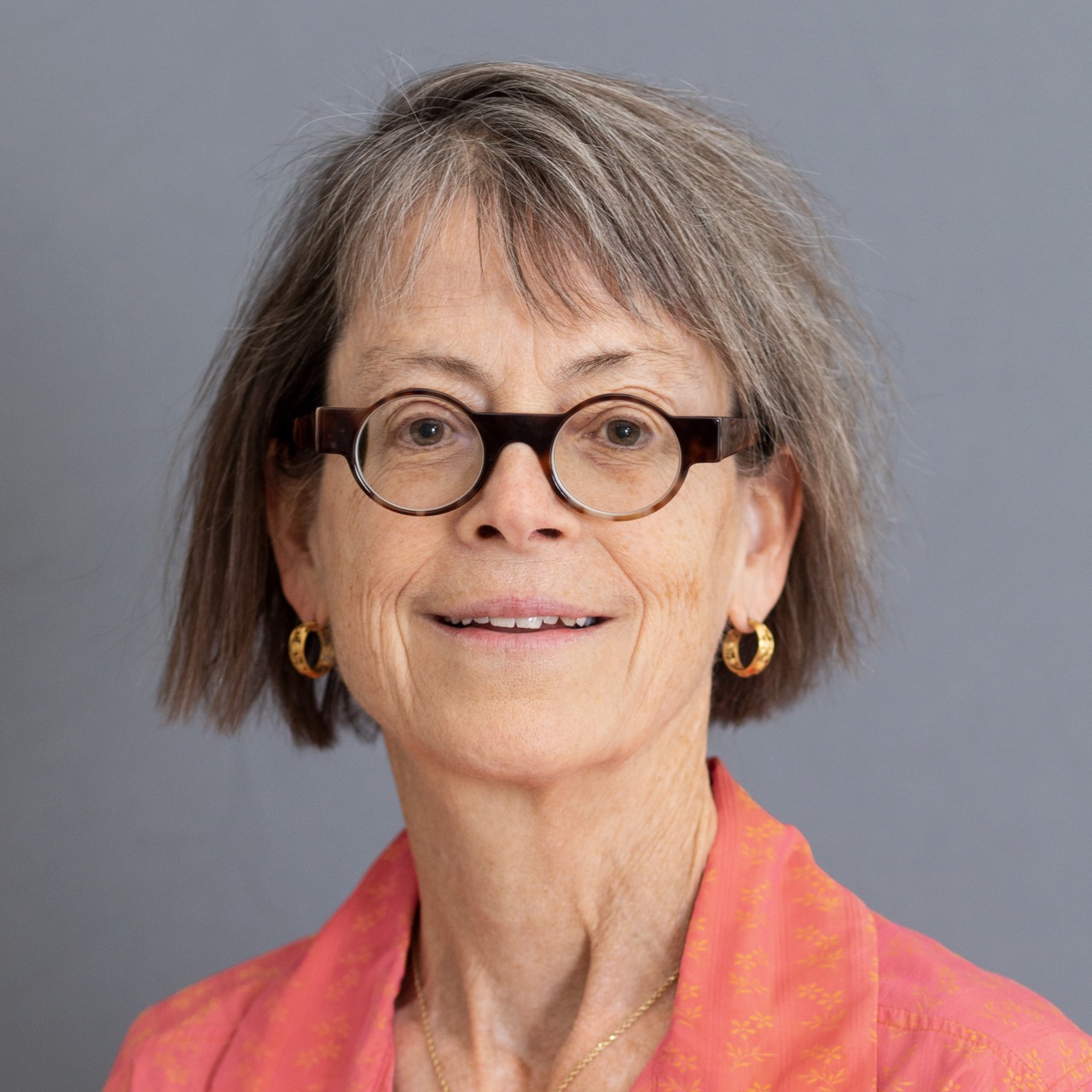
Reeves is one of the world’s most recognized experts on the career of Galileo Galilei. Her special field of research includes European Renaissance humanistic studies, art history and the history of science.
Reeves, who joined Princeton’s Department of Comparative Literature in 1993, is the author of several books: “Painting the Heavens” (1997), “Galileo's Glassworks: The Telescope and the Mirror” (2008), “On Sunspots” (2010) and “Evening News: Optics, Astronomy and Journalism in Early Modern Europe” (2014).
At Princeton, Reeves has served as the director of the program in European cultural study and as chair of the Department of Comparative Literature, as well as its director of graduate studies and director of undergraduate studies.
Reeves has received numerous acknowledgements for her work, including the Dibner Distinguished Fellow in the History of Science and Technology in residence at the Huntington Library, and research fellowships from Harvard University’s I Tatti Center for Italian Renaissance Studies in Florence and the Leopold Schepp Foundation in New York.
She earned her Ph.D. from Stanford University and her bachelor’s degree from Whitman College.
Daniel Rubenstein
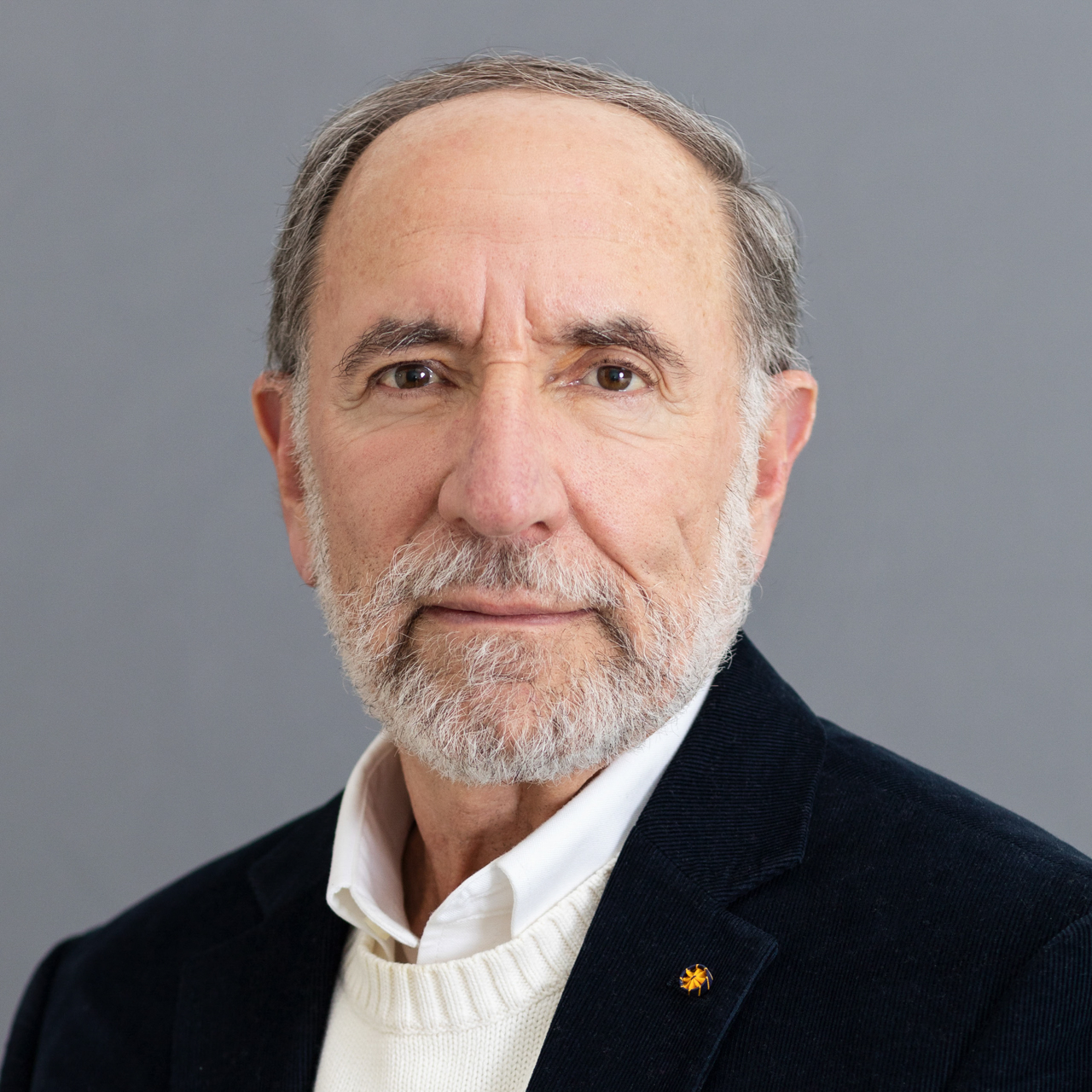
Rubenstein, the Class of 1877 Professor of Zoology and professor of ecology and evolutionary biology, has been a major contributor to scholarship in animal behavior for nearly 50 years. He is especially noted for his research on the social dynamics of mammalian groups and has also contributed substantially to his field’s understanding of social behavior and functional morphology in birds, fish, herps and invertebrates.
For more than two decades, Rubenstein served as the Department of Ecology and Evolutionary Biology’s chair. He received the President’s Award for Distinguished Teaching in 1999. Rubenstein also helped establish the Mpala Foundation and Research Centre in Kenya and remains a prominent member of the board of directors for Princeton’s Mpala Research Trust.
Rubenstein has been involved in numerous conservation organizations around the world, including Earthwatch and Earthwatch International, the International Union for Conservation of Nature Equid Specialist Group, and the Animal Behavior Society. He has served as president of the Princeton chapter of Sigma Xi and is a longtime board member of the Friends of Hopewell Valley Open Space, which works to preserve land across New Jersey.
He received his Ph.D. from Duke University, an M.A. from Oxford University, an M.A. from Cambridge University, and a bachelor’s degree from the University of Michigan.
Harold T. Shapiro
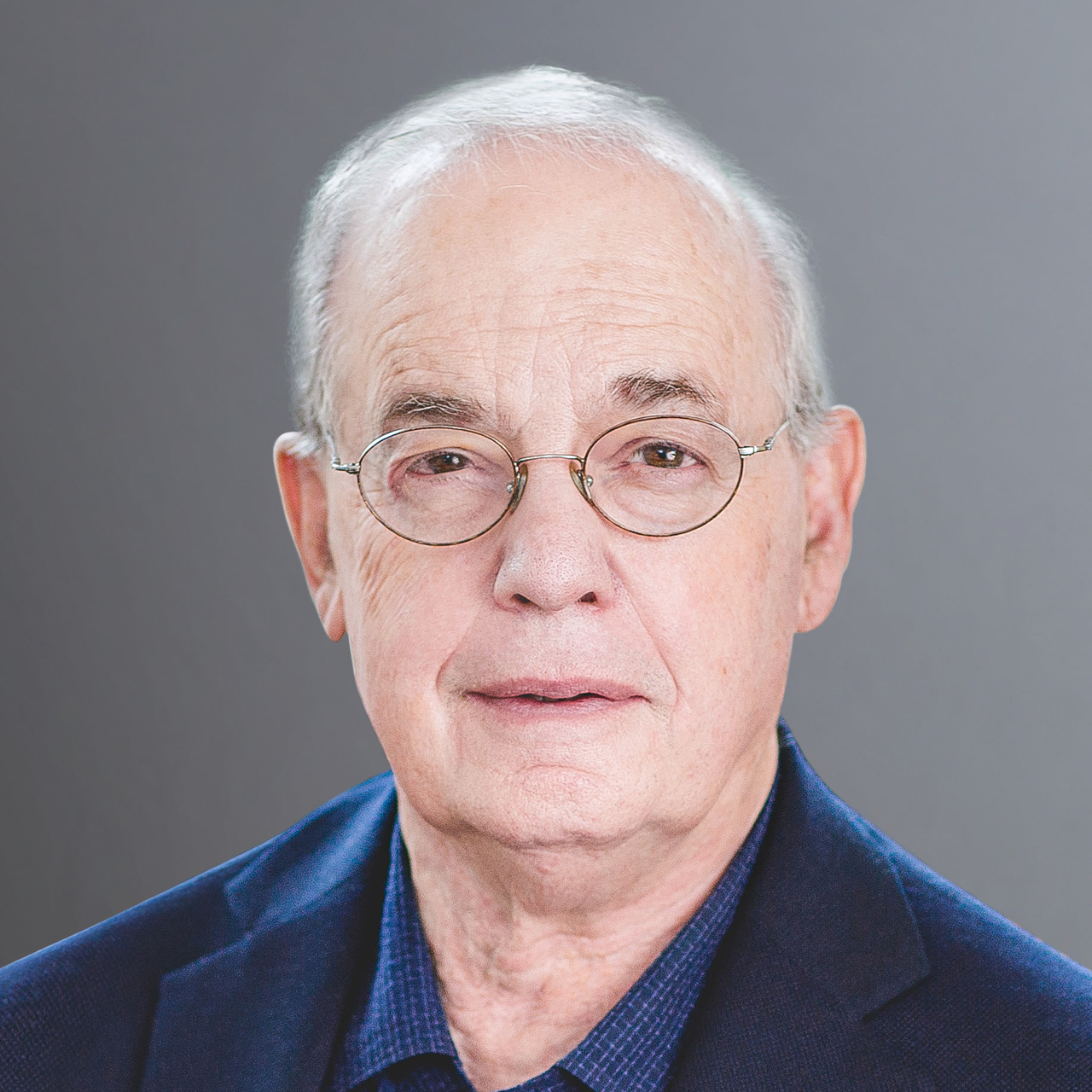
Shapiro served as the 18th president of Princeton University after an illustrious career as an economist and higher education administrator. He continued to teach courses during his tenure as president, and returned to full-time teaching and research afterwards in the Department of Economics and the Princeton School of Public and International Affairs.
Under Shapiro’s leadership, Princeton celebrated its 250th anniversary and saw a period of substantial growth in faculty, enrollment and resources. Through his stewardship, Princeton made history by becoming the first university in the country to remove loans from its financial aid packages.
The faculty also grew in size and stature during his presidency, and numerous academic programs were launched, including the Lewis-Sigler Institute for Integrative Genomics, an interdisciplinary Center for the Study of Religion, the Society of Fellows in the Liberal Arts, the University Center for Human Values, and new master’s programs in finance, engineering and public policy. The campus also saw substantial capital improvements, with renovations of residence halls and the construction of buildings such as Frist Campus Center and the Berlind Theatre addition to the McCarter Theatre.
A national leader in matters of science and public policy, Shapiro served President George H.W. Bush as a member and vice chair of the President’s Council of Advisors on Science and Technology and as chair of the National Bioethics Advisory Commission under President Bill Clinton.
Shapiro has published papers and commentaries on topics ranging from bioethics and science policy to the evolution of postsecondary education. In his book “A Larger Sense of Purpose: Higher Education and Society” (Princeton University Press, 2005), he outlined the history of the modern research university, writing on such issues as ethics, the differences between private and public higher education, and the relationship between universities and corporations.
His elected memberships include the National Academy of Medicine, the American Academy of Arts and Sciences, the College of Physicians of Philadelphia, the European Academy of Sciences and Arts, and the American Association for the Advancement of Science, among others. Additionally, Shapiro has served on the boards of dozens of public, nonprofit and private-sector institutions.
In 2000, Shapiro received the Council of Scientific Society Presidents Citation for Outstanding Leadership. In 2008, he was awarded the Clark Kerr Medal for Distinguished Leadership in Higher Education, presented annually by the University of California-Berkeley Academic Senate. He also received the William D. Carey Lectureship Award for Leadership in Science Policy from the American Association for the Advancement of Science, and the National Academy of Sciences' Public Welfare Medal in 2012.
He received his Ph.D. from Princeton and his bachelor of commerce from McGill University.
Susan Stewart
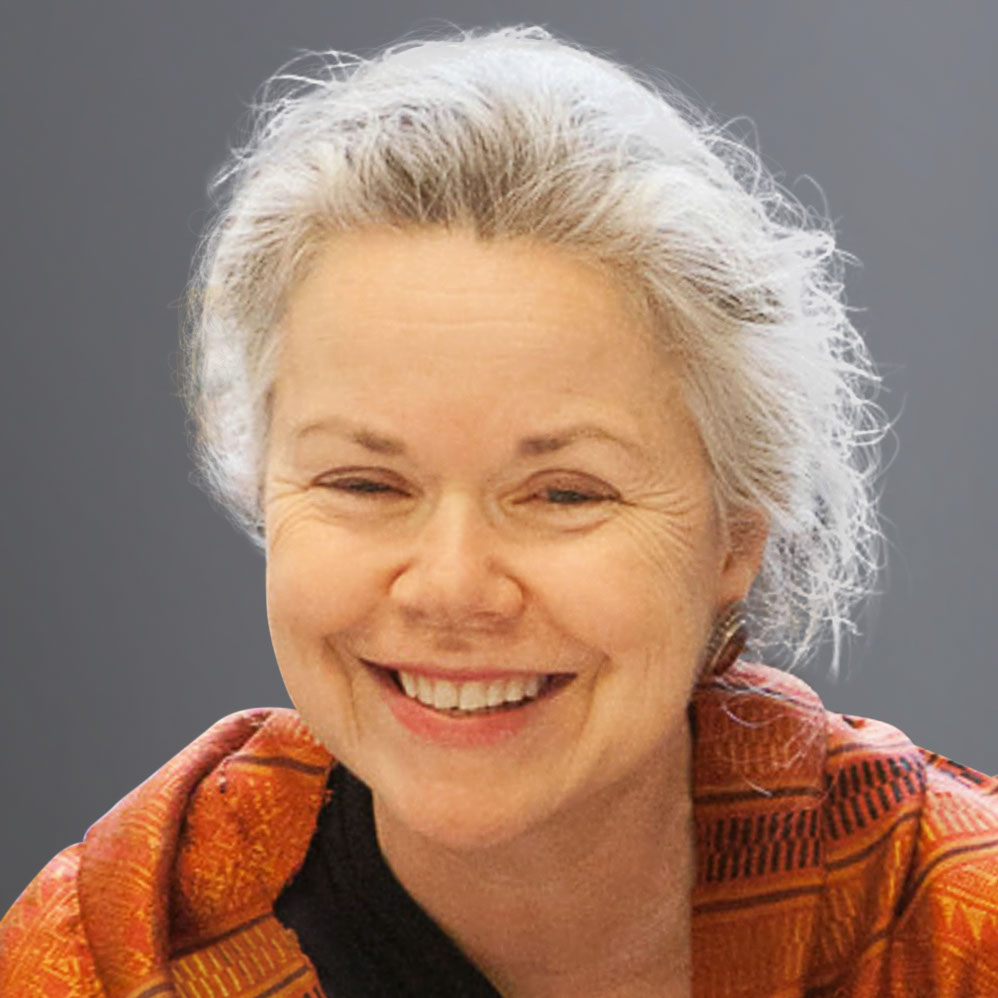
Stewart is a renowned poet, critic and translator. She joined Princeton’s faculty in 2004 as the Annan Professor of English and was named the Avalon Foundation University Professor in the Humanities in 2010.
Stewart is the author of seven books of criticism and seven books of poems, including “Columbarium” (2003), which won the National Book Critics Circle Award. She often collaborates with artists and composers, who have set her poems in art installations and to music. Stewart has also collaborated to publish several translations of poetry.
At Princeton, Stewart served as the director of the Society of Fellows in the Liberal Arts from 2010 to 2017. She has edited the Princeton Series of Contemporary Poets since 2013 and received the Behrman Award for Distinguished Achievement in the Humanities in 2014.
Stewart was also a MacArthur Fellow, a Berlin Prize Fellow at the American Academy in Berlin, and a visiting writer at the American Academy in Rome. She was a chancellor of the Academy of American Poets and is a member of the American Academy of Arts and Sciences. In May 2023, Stewart gave Oxford University’s Clarendon Lectures, the most distinguished in the field.
Stewart earned her Ph.D. from the University of Pennsylvania and her bachelor’s degree from Dickinson College.
This story was written with the help of members of each emeritus faculty member’s academic department.





